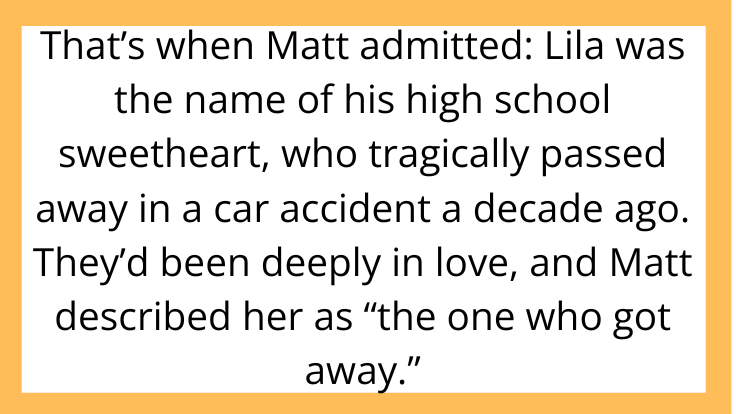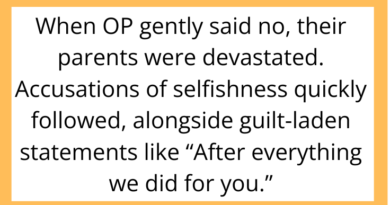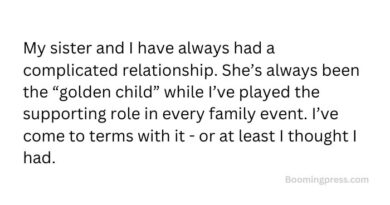AITAH for Telling My Husband I Won’t Name Our Baby After His Late Ex?
Relationships are built on compromise—but what happens when your partner asks you to honor their past in a way that feels like a betrayal of your present? In this AITAH-inspired story, we explore a deeply personal conflict that’s sparked outrage and heartbreak in equal measure.
Let’s unpack the emotional weight behind one woman’s choice to protect her boundaries—and the fallout that followed.
The Backstory: A Baby, A Name, and a Ghost from the Past

Our narrator, a 28-year-old woman named Sara, recently posted to the AITAH subreddit about an argument with her husband, Matt. The couple is expecting their first child—a baby girl—and had been discussing names when Matt suggested “Lila.”
Sara paused.
The name sounded familiar. Too familiar.
That’s when Matt admitted: Lila was the name of his high school sweetheart, who tragically passed away in a car accident a decade ago. They’d been deeply in love, and Matt described her as “the one who got away.”
Sara was stunned.
The Conflict: A Name That’s Not Just a Name

To Matt, naming their daughter Lila was a way to honor someone who meant a great deal to him—a tribute to a life cut short and a love that helped shape who he is.
But to Sara, it felt like something else entirely: a sign that she—and their child—would always live in someone else’s shadow.
She told Matt no.
Not only did she feel uncomfortable giving their daughter the name of his deceased ex, but she also found it disrespectful to their relationship. “This is our child,” she told him. “Her name should represent our story, not your past.”
Matt was furious. He accused Sara of being insensitive, jealous of someone who had passed away, and dismissive of his grief.
Sara turned to Reddit to ask: AITAH for refusing to name our daughter after his late ex-girlfriend?
Emotional Baggage and Baby Names: Where’s the Line?
The Case for Sara: A Child Deserves Her Own Identity
Names carry weight. They’re more than just sounds—they’re symbols, stories, and in many ways, expectations.
Sara’s concern isn’t rooted in insecurity. It’s a desire to give her daughter a name free of emotional entanglements. She doesn’t want her child to be a walking reminder of someone else’s love story.
And frankly, her discomfort is valid. In a marriage, naming a child should be a mutual decision—not a tribute to a third party.
The Case for Matt: Grief Doesn’t Disappear with Time
Matt’s grief is real, and grief doesn’t come with an expiration date. Losing someone in youth can leave a permanent mark, and wanting to honor that person doesn’t necessarily mean you love your current partner any less.
From Matt’s perspective, naming his daughter Lila is a way to keep a beloved memory alive—a private act of remembrance woven into his future.
But here’s the catch: a name isn’t private. It’s public. It’s every roll call, every birthday cake, every signature for life.
Reddit Responds: And They Don’t Hold Back
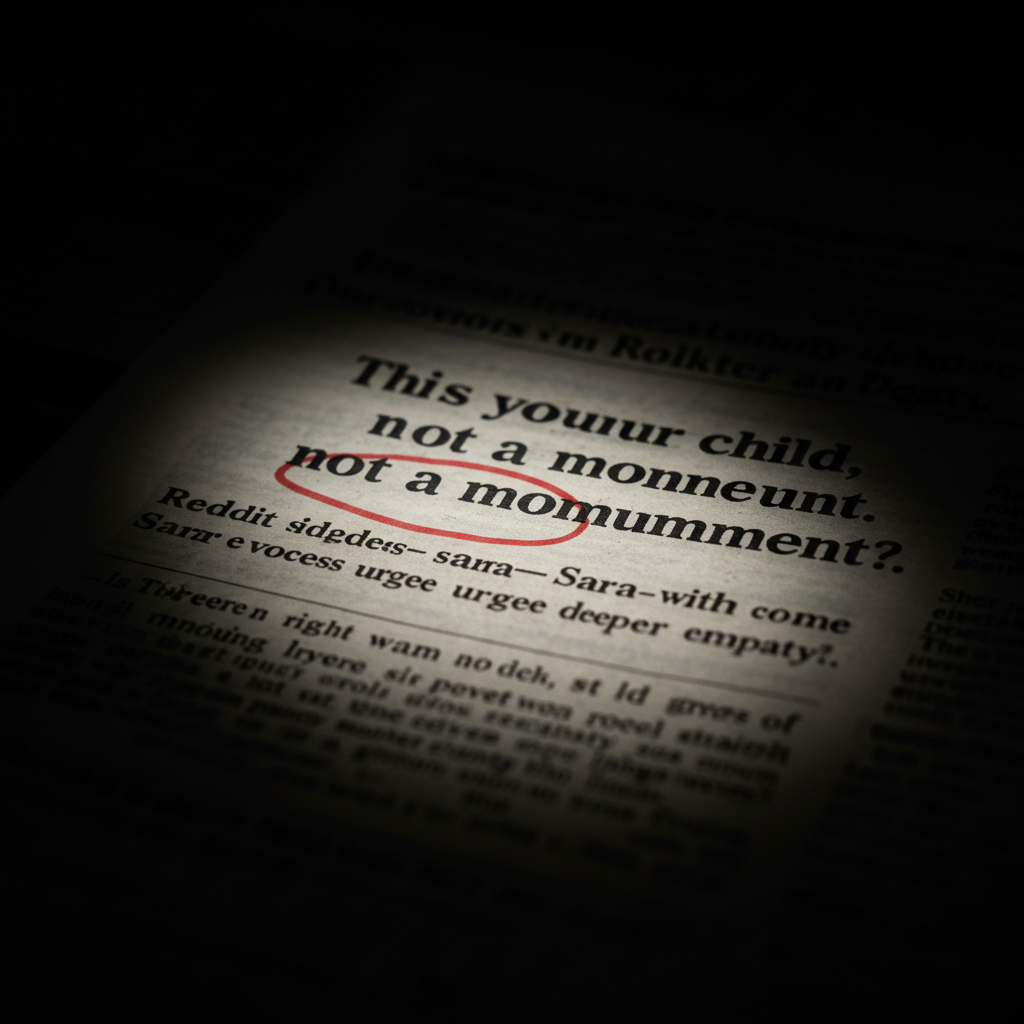
Reddit’s judgment was swift: Not the Villain.
The top comments rallied behind Sara, noting that:
-
Children deserve their own names and stories.
-
It’s emotionally manipulative to guilt someone into memorializing a past relationship.
-
If the genders were reversed (a woman wanting to name a child after her ex), outrage would be louder.
One commenter summed it up perfectly:
“This is your child, not a monument.”
Still, some Redditors urged compassion. They suggested Matt might benefit from grief counseling to work through unresolved feelings and better understand why this issue has triggered such intensity.
Naming a Baby: More Than Just a Preference
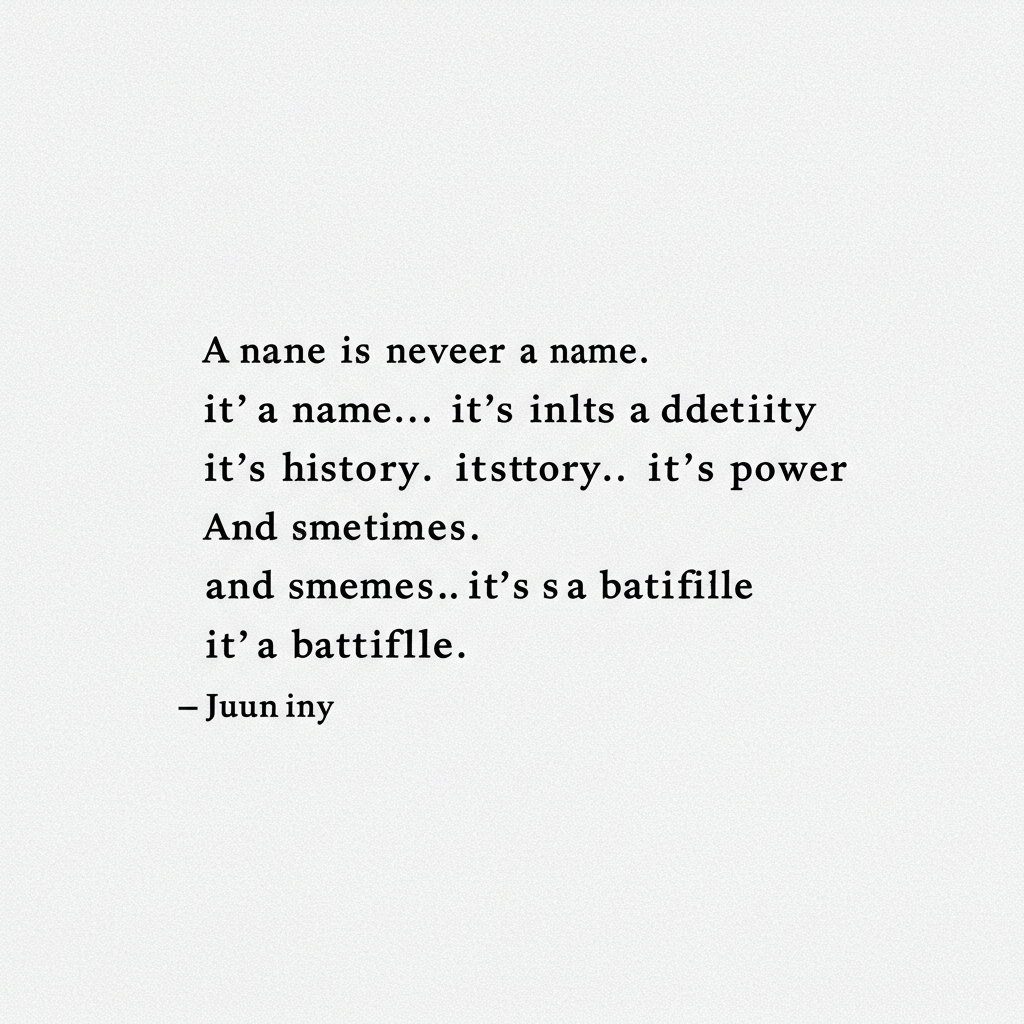
The Power of Symbolism
Names often represent more than syllables. They carry cultural, emotional, and historical baggage—both beautiful and burdensome.
When couples can’t agree on a name, it’s rarely just about the name itself. It’s about identity, power, legacy, and yes—sometimes, the ghosts of past loves.
Compromise Without Sacrifice
Could Sara and Matt find a middle ground? Perhaps a name that carries similar sound or meaning without the direct connection? Or a middle name instead?
But compromise only works when both parties acknowledge each other’s feelings as valid—not when one person demands submission.
What Happens Next?
Sara’s next steps may depend on whether Matt is willing to see her perspective—or whether this disagreement reveals deeper incompatibilities.
Here’s what both partners could consider:
For Sara:
-
Stand firm on boundaries without dismissing Matt’s grief.
-
Suggest grief counseling to help Matt process his emotions outside the naming decision.
For Matt:
-
Reflect on whether this request is truly about the child—or unresolved loss.
-
Understand that honoring the past should never come at the cost of hurting the present.
Final Thoughts: You’re Not a Villain for Wanting a Fresh Start
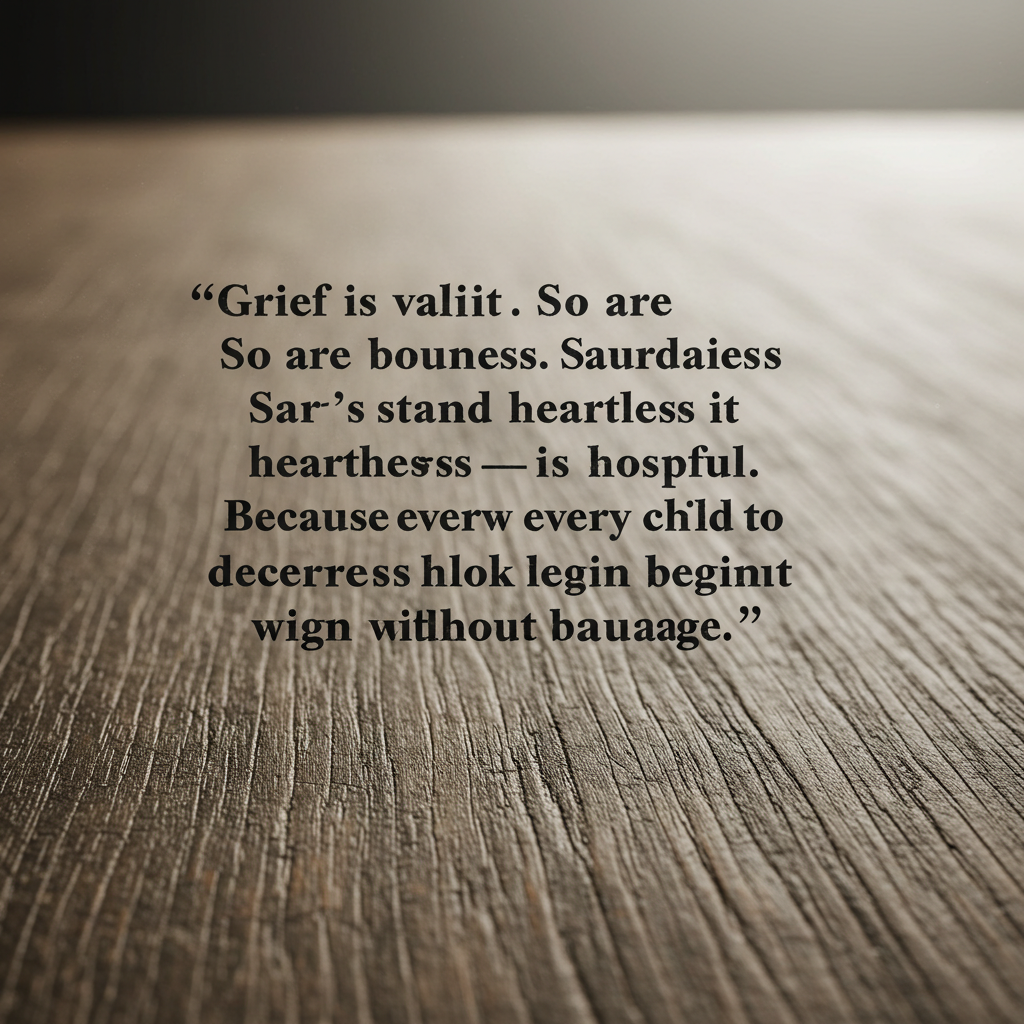
This AITAH story reveals a hard truth: grief and love don’t always coexist cleanly. But when it comes to parenting, both parents deserve to feel that their child is part of a new beginning—not an echo of the past.
Sara’s refusal wasn’t cruel. It was courageous. And her willingness to protect the emotional well-being of her future child and herself is not only justified—it’s admirable.
